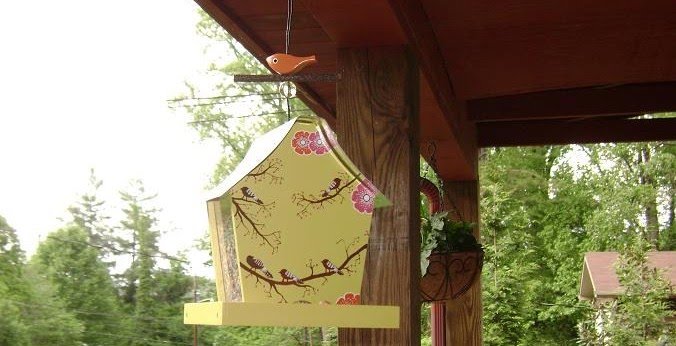I've heard this Little Emperor Syndrome phrase via a friend who just adopted from China, and I knew immediately what she was talking about. However, the negative connotations don't sit perfectly with me.
Children in China are raised differently than here in the U.S. It is a different culture after all. Parents give their babies, toddlers, and young children few boundaries. It appears that the little ones run the family and not the other way 'round. Americans, especially those with baby schedules and strict family routines, might view the Chinese to be spoiling their children. I wonder if I'd change my parenting knowing I had ONE chance to enjoy babyhood? Chinese moms know this child is their one and only hope for the future and have been accused of treating young ones like little emperors.
When I observed mothers in China with their children, I saw something a touch more than attachment parenting. I saw deep love and respect for the children. Everyone's children. I also saw some unattractive tantrums and coddling. I noticed the same deep love and respect in the caregivers at the orphanage. From a southern woman's point of view, the children weren't MADE to mind. It was more Montessorish in the way children were mostly redirected instead of chastised. My son, Peace, believed some of the grumbling little ones needed something different than simple redirecting, "Why doesn't that mother take that whiny child home? Or put him in time out?" He pointed out small children being indulged along the way. I'm not sure if it crossed his mind that perhaps he too has been blessed beyond abundance.
I asked my hostess if I had worry of Peace being kidnapped for ransom while in China. Her reply? "All children are the hope and future of China, and so they are beloved. If your son became lost in Xian, he'd be treated like a prince and returned to you in about a minute. Both of your 'stick out' like a sore thumb and everyone talks about you when you pass by. Peace is probably safer here than most any street in the U.S."
She was right about the "sore thumb" thing in Xian. It's the largest city in the West part of China, and it's not frequented by Westerners. In Beijing, Peace and I weren't the only white faces, but here I didn't run across any Westerners by accident. When Peace and I would pause on a walk through the city, we unintentionally drew a crowd. They'd gather around us and speak to us in Chinese. I only knew how to ask the onlookers not to take pictures, because it would not benefit our hosts. I secretly kinda felt like a rock star, but Peace was bothered by all the attention. Though I tried, it was difficult to keep a low profile. Curly red and thick blonde hair were a dead give away in a sea of straight black.
Back to the Little Emperors. At some age, babyhood abruptly ends and expectations and limits hit hard. Towing the line becomes essential. Children go to school from 6 am to 6 pm, because education is the key to a better job. Remember, education costs and parents would want the most for their money. Since school is a luxury, teachers actually get to teach instead of solve discipline problems all day long like some teachers in the U.S. Against a billion other people, job competition is steep! The older children and adult population as a whole seem incredibly humble and well mannered. I suppose unbelievable penalites for crimes might have something to do with the need to whip children into shape at some point. But that is another human rights conversation.
My fast ended this morning with a home made muffin. I kept thinking of those who will not have a choice to end their hunger today. My growling tummy kept reminding me to pray for this incredible country and Compassion International. We might have to do this 40 day thing again sometime.
Terry Border's Stop-Motion Touche’ Mustachios
-
How does a mere notepad inflict damage in a duel armed only with a pencil?
By drawing on your opponent. The first with a full mustache and beard is
the l...
10 hours ago









1 comment:
Why do we continue to see the "Little Emperor Syndrome" when the parents live in the United States and can have many children? If in China students are well behaved in the classroom, why are they not well behaved in in United States Classrooms? Some of my biggest discipline problems are Asian (Chinese and East Indian) children who feel that the rules don't apply to them and when I've spoken to parents regarding the behaviors nothing changes. The children treat school personnel as servants. As an educator I am trying to figure out how to make my classroom a learning place for knowledge and not just manners.
Post a Comment